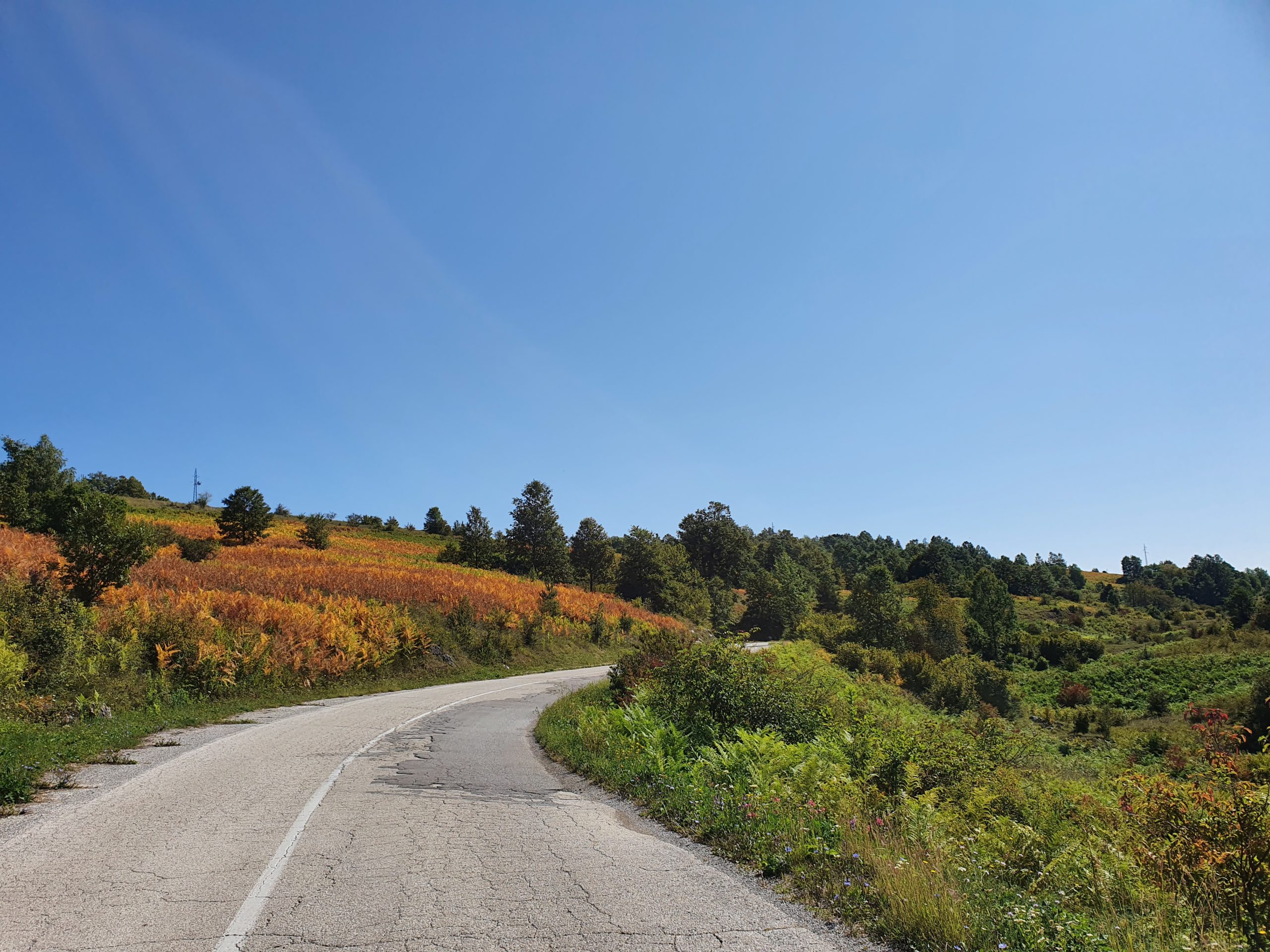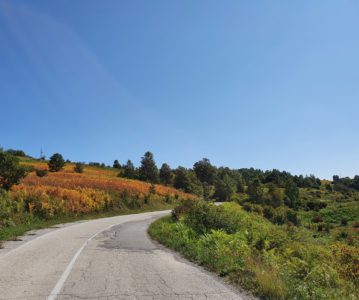Now I am alone in Ljubljana and it is raining cats and dogs. So I decide to stay another night in the hostel and use the extra break day for a visit to a bike mechanic and various office tasks.
Thanks to “maps.me” I find “Viktor”. The namesake and owner and Narayan want to help me out. While Narayan apparently takes my bike apart to my great discomfort and mounts a new, probably equally weak stand, I chat with the somewhat older Victor. He speaks a very passable English, which surprises me. “You know, in Slovenia we are aware- English is a lingua mondial, you know what is a lingua mondial? Children learn in kindergarten.” In addition to his solid language skills, the older gentleman impresses me with his great general knowledge of history, sporting events and much more. He talks about the Habsburgs, who came from Switzerland, about Simon Amman, various cyclists, (of course he calls them all by name), says that in Slovenia cycling has only been a “thing” for a good 20 years and tells me with pride that Slovenia has now won two Olympic medals. In his opinion, the three most important inventions of mankind are fire, the horse and the bicycle.
Besides, he says, the summer was much too hot and that’s why no one is in Ljubljana, but everyone is in the countryside. “Yes – they live here in blocks of flats, but they all have a nice house in the countryside for their vacations,” he says. “You know, here in Slovenia we celebrate many holidays. Christian holidays, Catholic holidays, the communist holidays. People get two days off and then they take a couple of days off before and after, and at the end they spend 10 days in the country.
Narayan has meanwhile restored my bike to its original shape and while paying I find out that he is originally from Nepal. When I speak to him about it in Nepali, his mouth remains open. He can hardly believe that I am on my way to Nepal with this bike.
I say goodbye and Victor gives me a small order: “If you write a book, write this: The Slovenians never had a king and never surpressed anyone!”
The next morning the sun is shining and a bit nervous I pack my bike. Off I go alone. On and on until I arrive in Sarajevo.
Soon I leave the suburbs behind me and glide in high spirits through the pretty Slovenian countryside. Extensive forests alternate with fruit trees, small farms and well-kept settlements. For lunch I lie down under some apple trees, listen to music on my new radio, eat and read and am satisfied with myself and life. After an hour on a winding gravel path through a seemingly endless forest, it’s time for an overnight spot. On impulse, I ring the doorbell of a detached house with a huge garden – and am promptly invited to spend the night. Alenka and her son both speak English and so I learn a lot about the Yugoslavian war, about the political system in Slovenia, the Slovenian language and about the peculiarity of the Kozolcec – the photogenic open hay barns, which we have been admiring along the way since Carinthia. Apparently, the construction method originated in Slovenia and differs depending on the region.
The historical knowledge of the Slovenians seems very solid including names and dates – I am secretly ashamed of my huge knowledge gaps and take it upon myself to read up a bit better.
The very next day I cross the border into Croatia. Although the landscape continues in a comparable way, I observe surprisingly soon clear differences. While in Slovenia even the smallest heaps of houses are neat and pretty, I now often see older people who live with their chickens, a cow and their barking guard dogs in half-ruined houses somewhere in the middle of nowhere.
Ivan and Marja, my spontaneous host parents today, confirm this observation. The young people are drawn away to the cities, the country has nothing to offer; neither work nor other attractions. They tell me that their house was also hit by Serbian bombs during the war. I can hardly imagine that war was waged in this pretty corner of the world almost 30 years ago. With positions in the forest, fighting in houses, blowing up bridges, fear and terror and everything that goes with it. The very next day I drive past the first ruins of houses, which are littered with inclusion holes and represent an impressive monument. To see these traces of the past only 1000 km away from the oh-so-holy Switzerland makes me think. This security in which we lull ourselves. People and their emotions; be it in terms of religion, language or ethnicity, fictitious national borders or the impossibility of dialogue and forbearance hold so much potential for collective suffering and pain.
The landscape is wonderful, and so is my route to a large extent. Often I don’t encounter a car or a person for kilometers. There is already a hint of autumn over the landscape. The trees carry single golden leaves and some bushes are already shining in a warm red. The autumn comes. I have respect for the associated wetness and cold.


